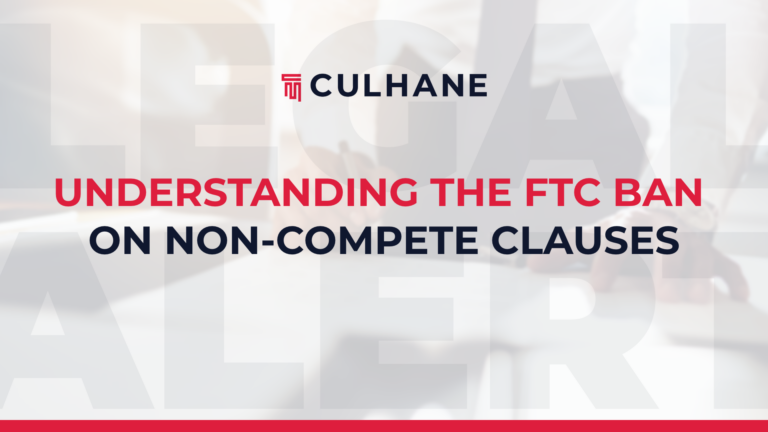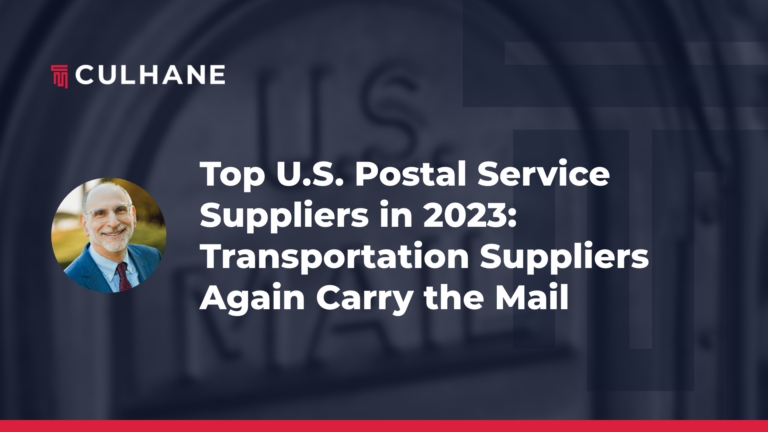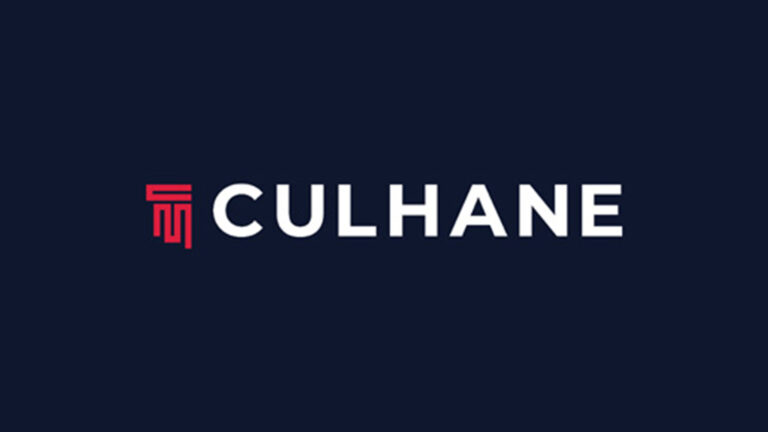 Harve Linder from our Employment & Labor team at Culhane Meadows PLLC provides time-sensitive information for employers in light of the COVID-19 Federal Leave Mandate to go into effect on April 2, 2020.
Harve Linder from our Employment & Labor team at Culhane Meadows PLLC provides time-sensitive information for employers in light of the COVID-19 Federal Leave Mandate to go into effect on April 2, 2020.
Time is of the essence. This mandate affects employees everywhere, and it is important to stay ahead of the curve. Certain protective and financially advantageous actions can be taken before the Families First Coronavirus Response Act takes effect on April 2nd. Given there is very little guidance from the appropriate government agencies so far, we foresee this being a regularly changing landscape, at least for the next few weeks. Additionally, there are some confusing interpretations businesses will have to face. We have already provided advice and counsel to several clients over the past week, and we will continue to monitor interpretations and guidelines. Our Employment & Labor practice group is available to counsel and assist businesses and other organizations in this effort. For more information, please contact Harve Linder at hlinder@cm.law.
President Trump signed the new Families First Coronavirus Response Act on March 18, 2020. It becomes effective April 2, 2020 and expires on December 31, 2020. The Families First Coronavirus Response Act establishes paid sick leave under a new law, known as the Emergency Paid Sick Leave Act, and temporarily expands the existing federal Family and Medical Leave Act of 1993 (“FMLA”).
Importantly, both the Emergency Paid Sick Leave Act and FMLA expansions only apply to government employers and employers with fewer than 500 employees. In addition, the leave provisions in the Families First Coronavirus Response Act focus on the current coronavirus emergency, and do not address any leave requirements for any future pandemics or disasters. There are some exceptions for a few limited businesses.
In New York, those prophylactic measures are too late. When the New York Governor signed the law, it went into effect immediately unlike the federal law which had a 15-day waiting period. Not surprisingly, all state Unemployment Compensation Benefit applications have skyrocketed beyond belief. Each state is different, and each may be approaching the law differently. Our Employment & Labor team is working vigorously to study and understand how other states are handling the mandate.
For example, in light of the mandate Georgia changed the process of applying for Unemployment Compensation Benefits. Up until now, when an employee was terminated or quit, he or she would need to apply for the benefits. Now, for layoffs or terminations due directly or indirectly to COVID-19, each employer is required by law to set up an account through a new Georgia state portal and register all affected employees. In short, the responsibility is now upon the employer.
Depending upon the size of the employer, as well as the actions to be taken, the federal Worker Adjustment and Retraining Notification Act (“WARN”) could be applicable, as well as any state versions of the WARN act.
Download PDF of this article HERE.
The foregoing content is for informational purposes only and should not be relied upon as legal advice. Federal, state, and local laws can change rapidly and, therefore, this content may become obsolete or outdated. Please consult with an attorney of your choice to ensure you obtain the most current and accurate counsel about your particular situation.








